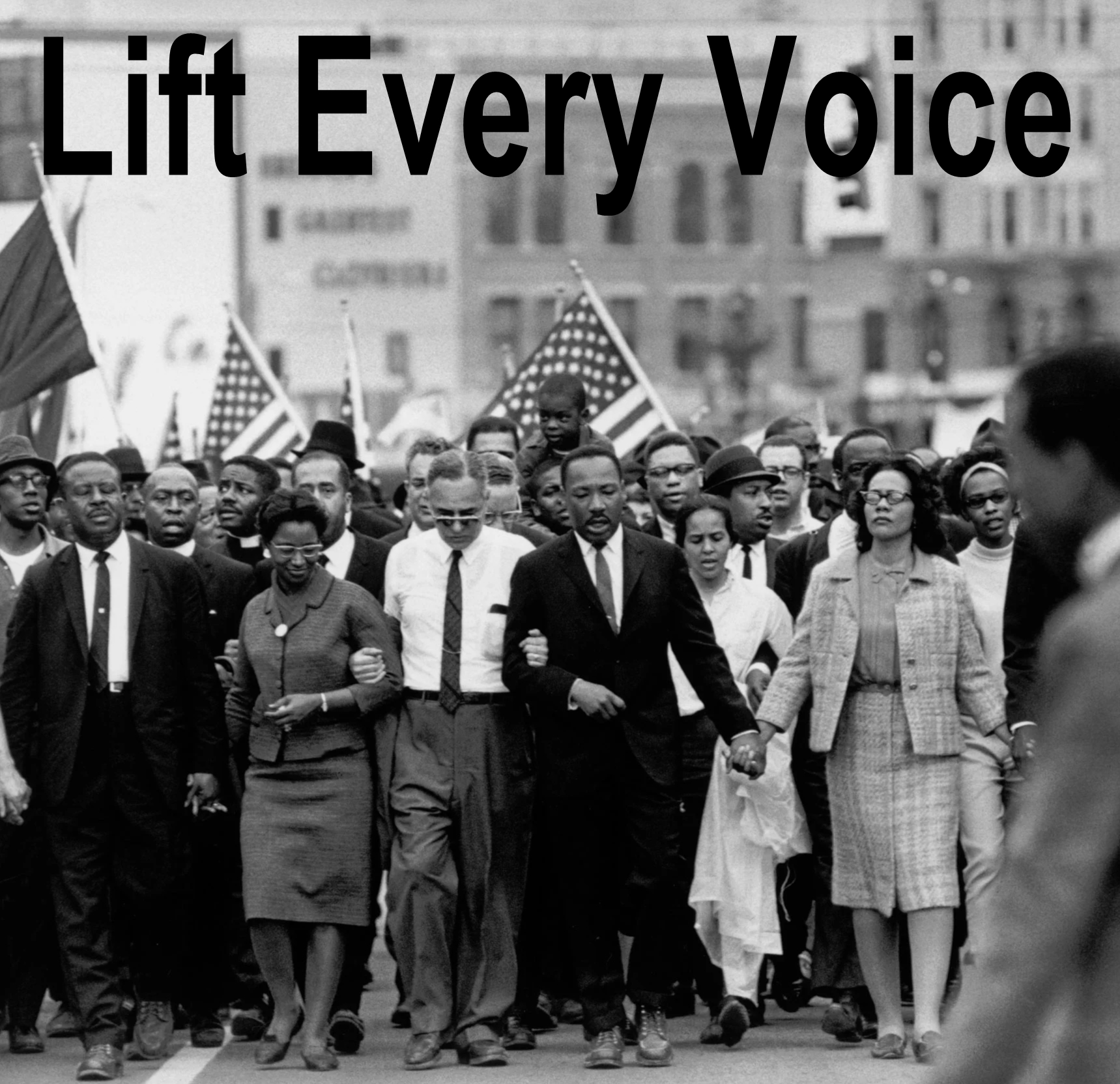As Donald J. Trump is sworn in as the 47th President of the United States on—of all days—the day we celebrate the birth of Dr. Martin Luther King, Jr.—I find myself thinking of my parents. My parents were born in a small town in Mississippi in the early 20th century, during the Jim Crow era—when racial discrimination against Black
Americans was both law and public policy. But although my parents experienced the devastating effects of state-sponsored racism firsthand, they rarely talked about it. They focused instead on teaching their children to take advantage of opportunities for
education and employment that had been denied to them by law.
The MAGA movement is poised to restore the America my parents’ generation and generations after them have fought to change. Indeed, President Trump has pledged to end federal government diversity, inclusion and equity initiatives as one of his first day
actions. Those of us who viewed this country’s glacial movement towards a more equitable union as the embodiment, rather than the destruction, of America’s values, are understandably frightened about what lies ahead. The real problems facing this nation—wealth inequality, lack of affordable healthcare and housing, the devastating effects of climate change, just to name a few—are either being denied or ignored.
After reading the proposals laid out in Project 2025, it is hard not to imagine what horrors await us. Laws banning the teaching of Black history? Executive orders prohibiting the identification of employees, students or voters by race? Or will Trump voters be content to see their President “fix” non-issues and boast about his achievements at rallies, while life in America pretty much continues on as usual with
few, if any, changes in societal norms?
I wish my parents had talked more about how they held onto hope and dignity despite Jim Crow laws that denied them basic human rights. But although my parents’ generation was not forthcoming about how to stay hopeful in the face of dehumanizing rhetoric, we know there is a lot we can do, individually and collectively, to
ensure that, in the words of Martin Luther King, Jr., the arc of the moral universe once again bends towards justice. We must continue to identify and call out racism whenever and wherever we see it happening. We will need to strengthen our alliances across racial and cultural divides and be willing on occasion to join forces with people with whom we may otherwise disagree.
Despite laws that segregated them into substandard housing and schools and denied them fair jobs and wages, my parents’ generation found love, raised strong families, and built lasting communities, all while working to dismantle Jim Crow. Historically Black colleges and universities produced many of the brilliant leaders and artists whose tenacity and determination created the Civil Rights Movement. Black churches nurtured the artists whose music told the stories of the past and present and shaped our vision for the future. So while we fight to preserve diversity, equity and inclusion for all, we also have to make space for art, for music, for self-expression and for self-care.
The next four years, and beyond, will not be easy. But we will need to be ready for the onslaught of challenges that we know are coming. “We are not going back” was more than just a campaign slogan. It is a call to action.
by Carolyn Edgar, a writer and lawyer who lives in Sandy Hook, CT
